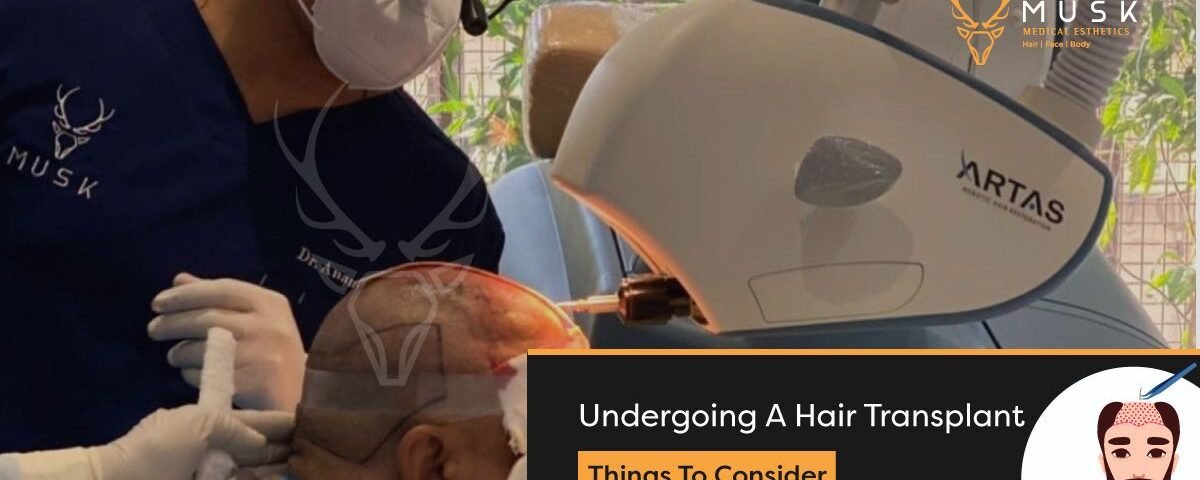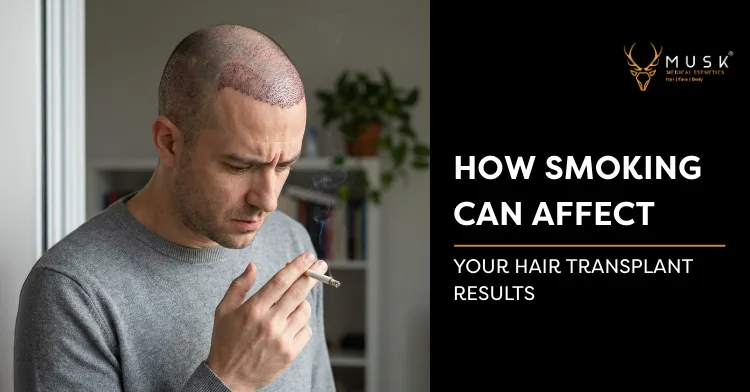Undergoing A Hair Transplant: Things To Consider

If you have noticed that you are getting a little patchy scalp, or your hairline is not what it used to be, you are not alone! Almost 60% of men and 45% of women experience hair loss at some point in their lifetime. For a few people, it is not a primary concern and something that they can happily live with, but for many; it is incredibly stressful leading to a loss of self-esteem and confidence. Hair restoration using a hair transplant is a phenomenally successful option if you are looking for a permanent solution. However, here are a few things to consider before you decide to make the final call.
1. Are You A Good Candidate?
This primarily depends on the cause of hair loss and whether your primary expectation is to retain the existing hair or to restore hair. In most men experiencing hair loss, male pattern baldness AKA Androgenetic Alopecia (genetic hair loss) is the main culprit. Hair restoration using a hair transplant gives great results in these cases if done right. Also, one needs to understand that a hair transplant cannot guarantee the survival of the existing hair (still susceptible to genetic hair loss). In a young patient with a progressive hair loss pattern, wanting to undergo a hair transplant, care must be taken to retain the existing hair using non-surgical modalities after the hair transplant.
Your candidacy for the procedure also depends on your hair quality and availably in the donor area (areas on the sides and back of the scalp from where the genetically resistant hair is harvested). Also, one needs to match their treatment expectations with the possible outcome from the hair transplant procedure.
2. Have You Researched Into Other Non-Surgical Treatments?
At an early stage of hair loss, much improvement can be achieved using non-surgical treatment modalities. We have many patients who come to the clinic seeking hair transplants, but after assessing their condition, we recommend non-surgical methods to start with instead. Medications such as Finasteride, which strengthens hair and arrests further loss, and Minoxidil, which is applied to the scalp to encourage stabilizing hair loss, are highly effective supportive treatments along with PRP therapy for many of our patients.
Platelet-rich plasma (PRP) therapy can be a great option to retain the existing hair, improve their quality and promote the growth of new hair by activating the dormant hair roots.
3. How Good Is Your Research For A Hair Transplant Clinic?
We come across so many botched cases and horror stories from patients undergoing hair transplant surgery, lured by the discounts and rock-bottom prices. They are cheap for a reason. Several clinics are unregulated, and many are staffed by minimally trained technicians rather than qualified surgeons, potentially leaving patients with unsatisfactory results and permanent damage.
Make sure that your hair transplant surgeon is the one who consults you, operates you, and is the one checking your recovery at the follow-up visits. This link is very crucial in ensuring good treatment results. Also, make sure that you have seen the before/after results of patients that your surgeon has operated on. You should talk to the patients asking about their experience, recovery and the post-surgery clinic response as these factors are essential to good research.
4. Understand The Post-Transplant Recovery Process Well
Contrary to popular belief, hair transplant is a minimally invasive, day-care procedure with minimal downtime. Most people are comfortable returning to work within two to five days of a transplant. You can expect to experience some tenderness and swelling of the scalp for 48 hours but is minimal and nothing to worry about.
It is very essential to be aware that the result of a hair transplant is not immediate. A shedding phase at 4-6 weeks is normal where one would notice some (or all) of the new hairs falling out. You will start to notice small hair growth around three to four months after the surgery and the full results within 12-15 months.
If you have decided to take the big step for your hair transformation or have any questions, why not book in for a consultation at Musk Clinic and get more aware?











